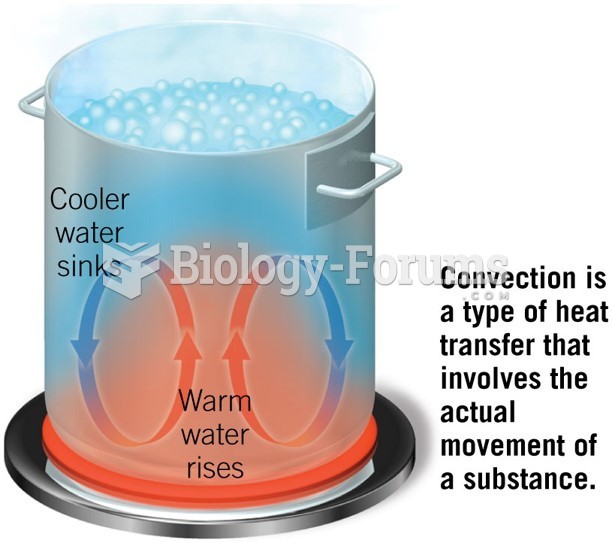Answer to Question 1
Bankruptcy paralegals cannot appear in court to represent clients. They may, however, accompany the attorney and the client to court to provide assistance to the attorney. Paralegals cannot represent clients at 341 hearings, nor any other hearing for that matter, because it is considered the unauthorized practice of law. Accompanying a bankruptcy client at court goes beyond the mere sharing of information with the client. A bankruptcy paralegal who represents a client at a court hearing will be asking questions of the client and that action would rise to the level of legal representation. Various decisions must be made in the course of representing bankruptcy clients that require some degree of legal interpretation and advice. Although a bankruptcy paralegal may assist the attorney in performing numerous functions, the interpretation of bankruptcy law as it applies to clients is the job of the attorney. If asked to do anything even remotely resembling the practice of law, the bankruptcy paralegal should refuse to do so. If the attorney doesn't like it, too bad. Jobs are easier to replace than careers.
Answer to Question 2
The law defines a bankruptcy petition preparer (BPP) as a person other than an attorney for the debtor or an employee of such attorney . . . who prepares for compensation a document for filing. Many preparers operate within the strict limits the law imposes on them, but some do not. Bankruptcy petition preparers are required to notify clients, in writing, that they are not attorneys and that because of their lack of attorney status, they cannot render legal advice or engage in the practice of law.
Many bankruptcy petition preparers have been fined for the unauthorized practice of law and for collecting higher than the 200.00 fees for preparation allowed by the bankruptcy court. In its fiscal year 2011 report, the U.S. Trustee Program said bankruptcy trustees nationwide had filed 504 actions against BPPs, with a success rate of 98.8 percent. More than 1.9 million in fines were imposed and some 419,000 in fees recovered during that year, the report said.
Students will offer their own reasons for or against BPPs and their own reasoning regarding the role of a BPP leading the BPP to commit UPL.







